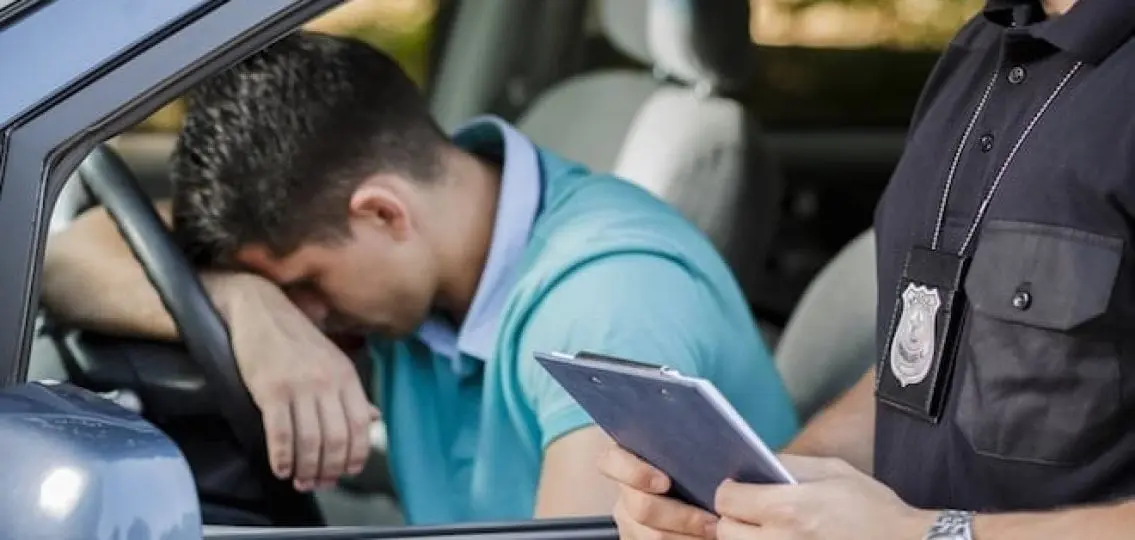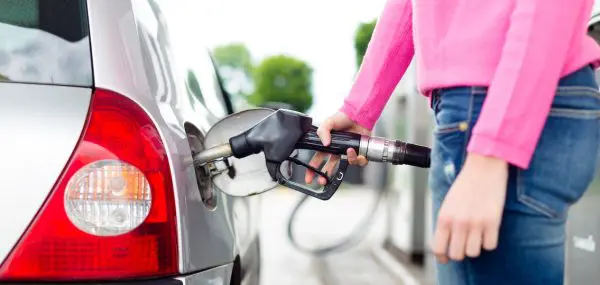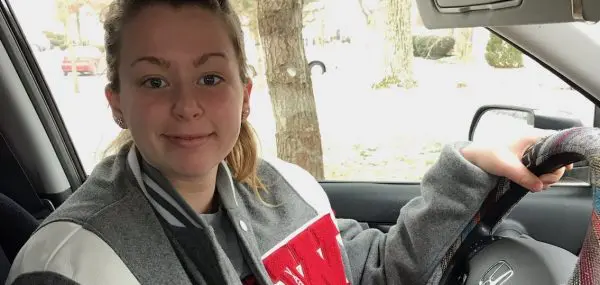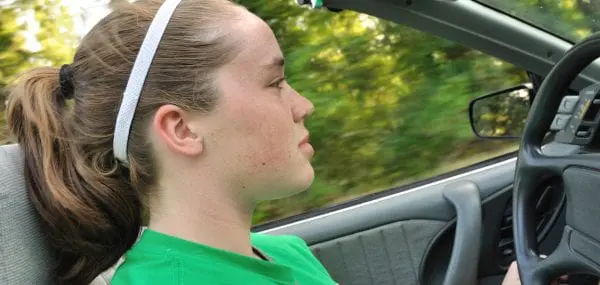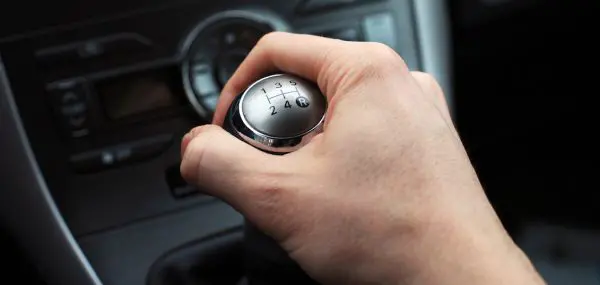No matter our age, getting pulled over by a police officer is nerve-wracking. We see the lights in our rear-view mirror, hear the siren and our hearts start pounding. But, for brand new drivers, the experience can be especially stressful. So Your Teen asked Matt Episcopo—a retired police captain—to tell us what teenagers should know before they’re pulled over.
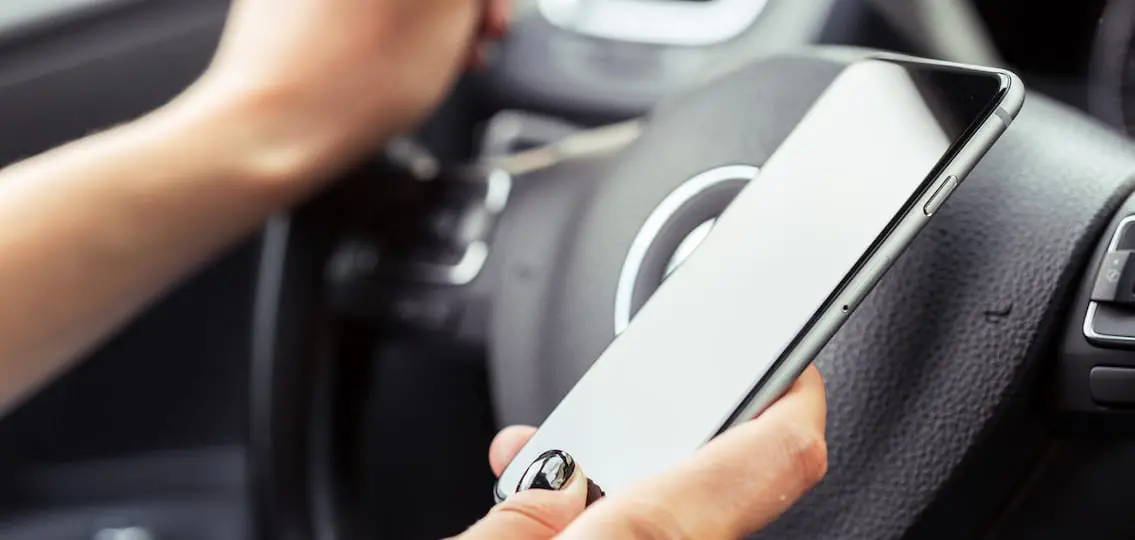
Q: Where should we start?
Episcopo: Before the teenager even gets into the car, teen drivers need to know this—they are responsible for the car they drive. They are responsible for making sure the registration is current, the inspection is current, their license is valid, and that they are operating within the parameters of their license. If they borrow a friend’s car and there’s a problem, they are responsible.
Q: So, a teenager is driving and gets pulled over. What now?
Episcopo: The first thing they need to do is to put on the blinker and pull over to the right side of the road. That sounds silly, but I’ve seen younger drivers pull over to the left. That’s dangerous for everybody. Once they’ve pulled over, they should put the car in park, and remain in the car with their seat belt on and their hands on the steering wheel. Oh, and turn the radio off.
Q: Just sit and wait for the officer to approach the car?
Episcopo: Yes, because a traffic stop is actually one of the most dangerous times during a patrol. When we pull a driver over, we are on high alert and looking for clues. The driver could have simply not been paying attention and speeding, but they could have also just committed a crime that we don’t know about. So, put the blinker on, pull over to the right-hand side, and put the car in park. These sound like simple things, but sometimes people pull over and just put their foot on the brake. That puts a police officer on alert because the car is not in park.
Q: When should a teenager pull out his license, registration, and insurance card?
Episcopo: He should know where these items are, but if they’re in the glove compartment or in a bag in the backseat, he should wait for the officer before reaching for them. If a driver is reaching to get that stuff, the police officer has no idea what’s going on. Is the driver reaching for a gun? What’s happening? So wait for them to ask for these items, then tell them where they are and ask permission to get them.
Q: Permission?
Episcopo: Yes. You want your teen to have a respectful dialogue with the police officer and, at all times, let them know what they’re doing.
Q: So joking around is not okay?
Episcopo: Never. And if there are other teenagers in the car, especially if they are laughing or trying to get attention, the officer might ask the teen to step out of the car.
Q: If a teenager gets a ticket, who’s responsible for paying it?
Episcopo: The teen driver is. And, by the way, teens are better off telling their parents if they get a ticket. Parents will probably find out anyway. Any time teenagers come into contact with the police, they should tell their parents.
| [adrotate banner=”99″] |
Q: What about dealing with an accident?
Episcopo: That’s a scary situation, but thankfully, most accidents are minor. First, your teenager should call 911 and report the accident. Then your teenager should get out of the car and find somewhere safe to wait for the police. If your teenager is okay and everyone else is okay, they should use their phone to take a few pictures that document how things look. Take pictures of the car, the other car, and the road.
Q: Even if my teen is at fault?
Episcopo: Yes. I can’t tell you how many times in law enforcement I’ve seen someone who got a little dent later claim a bigger dent was from the accident.
Q: Okay, what next?
Episcopo: Wait for the police to come. The police will take pictures; then they’ll interview the drivers and any witnesses. Make sure your teen gets the other driver’s insurance information. Also, be sure your teen knows what your family’s roadside assistance plan is. Write the number down and put it in the glove box. Also, make sure your teen’s In Case of Emergency information is up to date in his cell phone. If your teenager has any special medical requirements, consider putting that information in the glove box as well. Emergency workers will be looking for these details if your teenager is not able to provide them due to injury.
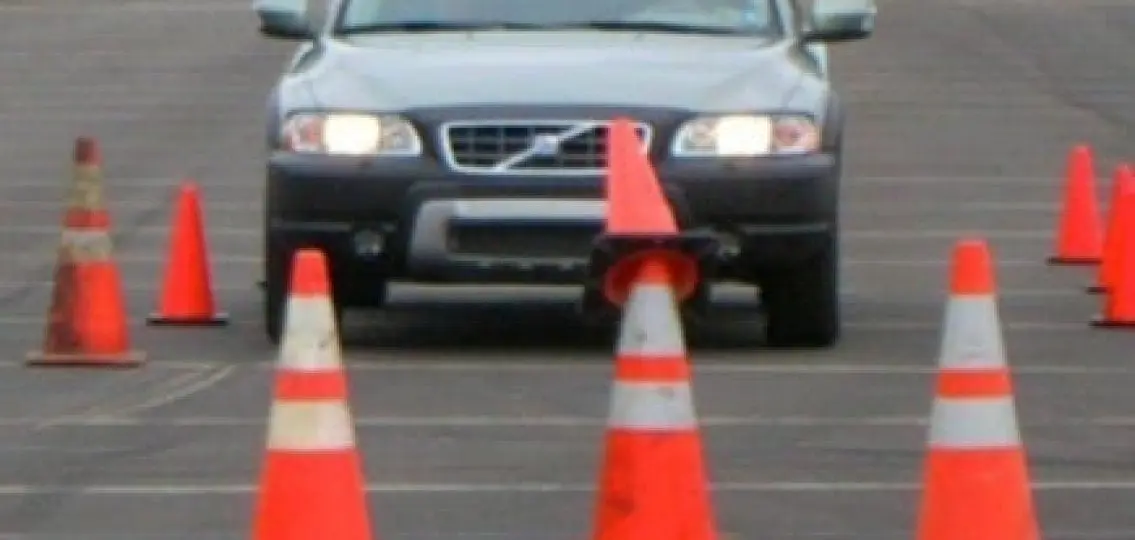
Q: Speaking of parents, should a teen call them from the scene?
Episcopo: Yes, and parents should go to the scene of the accident, if possible. It also never hurts to go to a doctor. When we’re in an accident, we’re full of adrenaline, but once that wears off, we may notice aches and pains. It can’t hurt to have it looked at.
